Iqbal View on Action-Oriented Education:
Another trend of Iqbal’s thought which has a special significance for education is an appreciation of the high place of action in life. Dr Iqbal regards the action as the touchstone for the validity of ideas. His most insistent doctrine was “the call to act, throw off lethargy and emerge as supermen”. The world has not to be known through concepts but to be made and re-made by continuous action. He denounced self-negation and renunciation which were the direct result of defeatism. “They do not serve who merely stand and wait. This was his belief. His poetic symbols were hawk and eagle representing the life of ambition, struggle and action. Action and struggle form the keystone of the whole structure of life. A life of ease and sloth does not open out the potentialities of man- they can find their expression only in a life of dedicated striving. This is bright out, more clearly by his own times in Payam-i-Mashriq;
| “Feast not on the shore, for there Softly breathes the tune of life; Grapple with the waves and dare; Immortality is strife!” |
In his lectures, Iqbal has argued how the deed has great importance than the concept. “A wrong concept misleads the understanding; a wrong deed degrades the whole man and may eventually demolish the structure of the human ego. The final act is not an intellectual act but a vital act that deepens the whole being of the ego and sharpens his will with the creative assurance that the world is not something to be merely seen or known through concepts but something to be made and re-made by continuous action. It is a moment of supreme bliss and also a moment of the greatest trial for the ego”.
This emphasis on action on its role in forming character and personality, its function as an instrument for reshaping the world gives Iqbal’s thought a special relevance for education in the East. Many “progressive” educational movements in Europe and America and latterly in India, have been based on a due appreciation of the importance of activity in learning as well as life and this has influenced the evolution of modern educational curricula and techniques. The educational implications of Iqbal’s ideas are, therefore, broadly speaking, in harmony with this movement though, according to him, there are certain essential conditions and limitations within which action must be encouraged if it is to fulfil its true educative role.
Iqbal View on Search For Knowledge:
Man is a constant seeker of knowledge. Search for knowledge is not contrary to man’s spiritual growth. “The knowledge of nature,” Iqbal remarks “is the knowledge of God’s behaviour,” In our observation of Nature, we are virtually seeking a kind of intimacy with the Absolute Ego and this is only other forms of worship”. He stresses “All search for knowledge is essentially an act of prayer,” and that “the scientific observation of Nature is a kind of mystic seeker in act of prayer. In so far as our education fails to kindle this faith and enthusiasm for knowledge in the students, it misses one of its highest objectives”.
In Iqbal’s view of education, there is no place for the passive education of knowledge as information. It cannot be quickened into life unless there is an active quest behind it and the vitalizing reality of first-hand knowledge. If knowledge is passive and inert, with no sense of passion, no thrill of self-fulfilment, it is like the knowledge which the bookworm acquires by eating away the written pages. Dr Iqbal distinguishes between two types of knowledge one burning with passion, the other just buried in books.
In the words of Dr Iqbal, “In all knowledge, there is an element of passion and the object of knowledge gains or loses in objectivity with the rise and the fall in the intensity of passion. This is more real to us which stirs the entire fabric of our personality”.

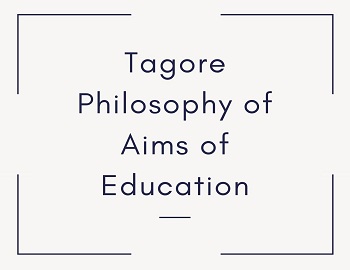
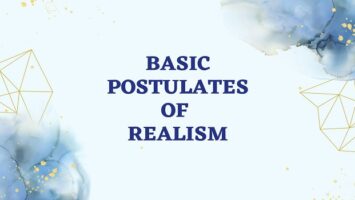
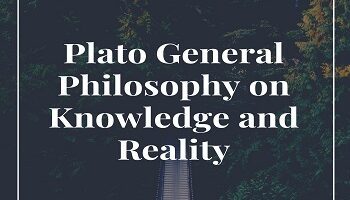
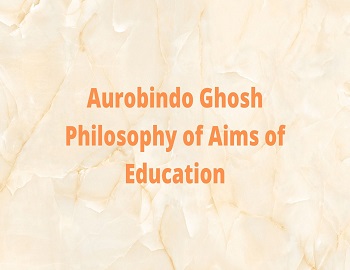
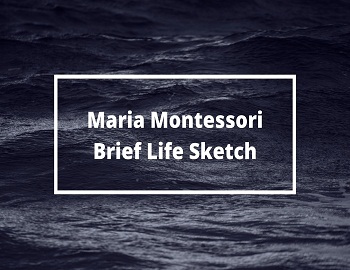
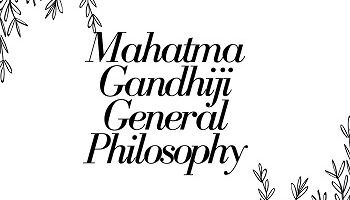
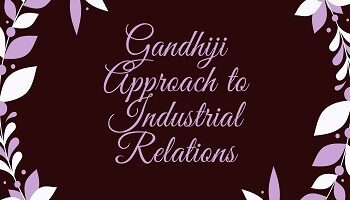

Comments (No)